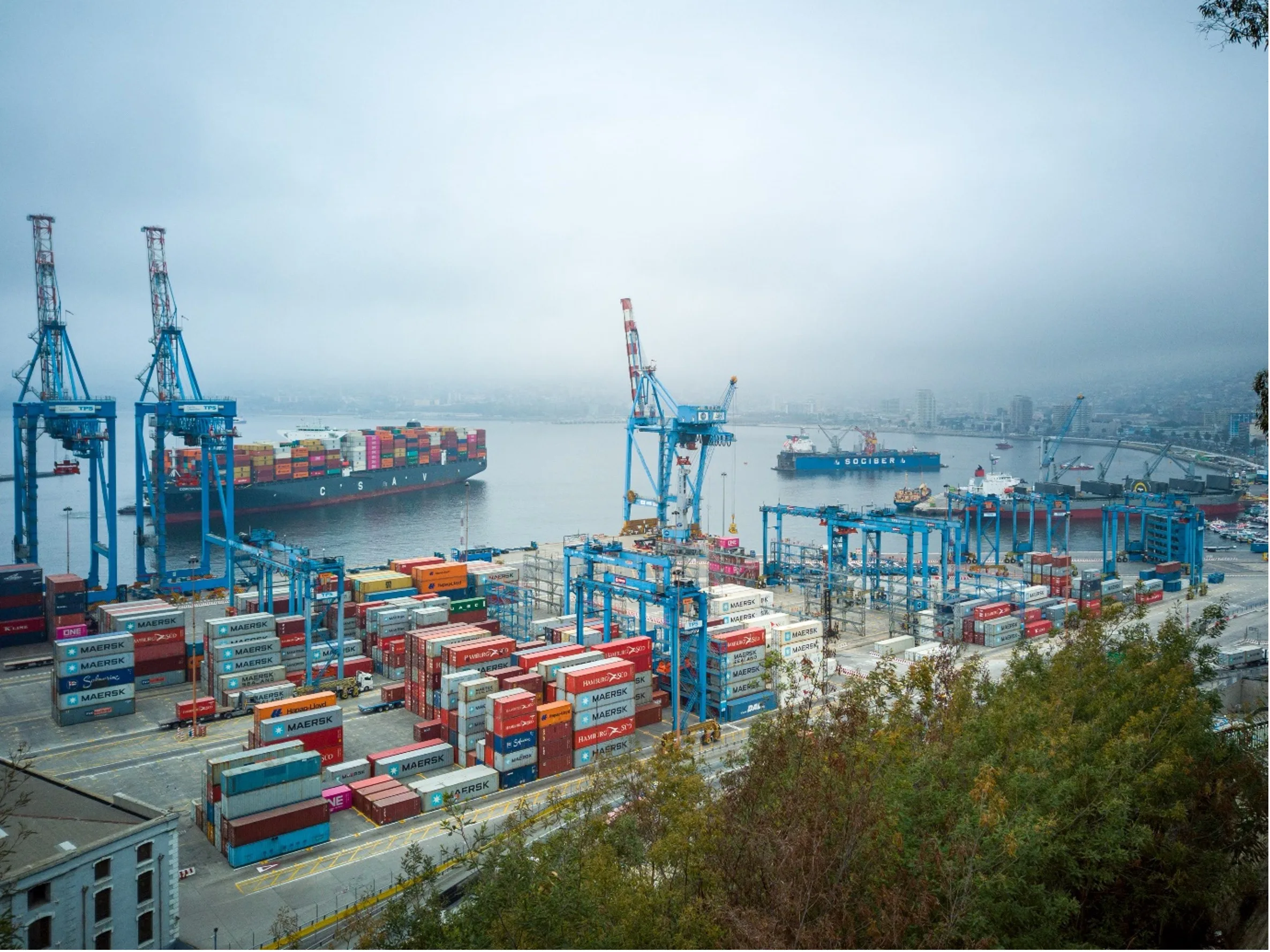Digital Transformation in Supply Chain Operations
Digital technologies are rapidly transforming the way that businesses operate, including supply chain management. Digital transformation’s gradual emergence and the ongoing development of several work process technologies have given rise to new aspects. The emergence of the Internet of Things (IoT) and other connected devices has profoundly affected the operational efficiency of the supply chain. Finance, sourcing, and warehousing are just a few of the areas of supply chain operations where the expansion of digital transformation is evident.

What is digital transformation?
The integration of digital technology across all functions of an organisation is known as “digital transformation,” and it significantly alters how business is done and through this, value is provided to consumers. It is also a cultural shift that necessitates constant status quo disruption, and experimentation. Digital supply chain transformation involves adopting new technologies to radically alter how a company runs. It goes beyond simply implementing new technology.
IoT in the supply chain
The gathering of real-time data on the products being kept and carried, inventory level and shipping status, ambient conditions in facilities and vehicles, etc., is made possible by internet-connected devices (such as image, temperature and humidity sensors, GPS trackers, etc.). After that, the unprocessed data is processed, saved, and evaluated on the cloud to allow for continuous end-to-end supply chain monitoring and quick response to any adjustments. For instance, if sensors find that the specified temperature of storage units has been exceeded, the control software instructs the actuators to raise the temperature and informs supply chain managers.

Benefits of the IoT in the supply chain
- Tracking
The IoT is used by raw material suppliers to oversee their technological processes. For example, in farming, they collect actual information on crop conditions and livestock health, while in forestry, they keep track of fires and logging processes. The information aids them in increasing actual output, enhancing raw material quality, reducing energy use, and ensuring profitability.Manufacturers are introducing IoT solutions to continuously track production processes and equipment health. Continuous tracking aids in locating bottlenecks and making the appropriate modifications, so minimising downtime, raising asset utilisation, and enhancing production effectiveness. The IoT also helps with sustainability because it can be used to measure energy and water usage, as well as to track emissions levels and adhere to environmental requirements.
- Transparency
As logistics operators receive real-time information on the whereabouts and condition of every item, the IoT improves transparency and accuracy in the industry. They may monitor and improve the entire transport network using this data in the event of modifications or delays. By identifying deviations from ideal shipping circumstances, the IoT systems also assist in managing cold chains and ensuring the safety of perishables.
- Handling
The IoT solutions improve the selection precision and handling effectiveness of goods during pickup and unloading, which benefits retailers. To maximise stock control, an IoT solution can assist in tracking things throughout shelves. It can also be used to monitor sales volume and optimise product presentation and space usage.
Prospective supply chain professionals need the proper qualification
A supply chain degree can prepare students to understand how digital technologies can be used to optimise supply chain operations and improve efficiency. Prospective supply chain professionals should apply for the Bachelor of Commerce (BCom) in International Supply Chain Management at the IMM Graduate School. The Bachelor of Commerce in International Supply Chain Management comprises several modules, all of which have been deliberately synergised to provide students with a world-class supply chain management and business qualification. Consisting of two independent streams, Transport and Logistics, and Procurement, the degree has been designed to provide students with a content-rich and application-oriented learning experience with an emphasis on employability and tangible value-add to companies.

In Conclusion
The IoT has revolutionised digital transformation within supply chain operations. To make use of this to the fullest extent, prospective supply chain professionals should equip themselves with the necessary qualifications available.
